Truth be told, our love for rice knows no bounds. And yet, it is often questioned for its effects on weight gain. So, does eating rice make you fat? Not necessarily. Like any good story, it's all about context.
Rice, primarily composed of carbohydrates, provides about 200 calories per cooked cup, with white rice offering around 45 grams of carbs and very little fat. It is a quick source of energy but is often criticised for its high glycaemic index (GI), particularly in its white form, which can cause rapid spikes in blood sugar levels.
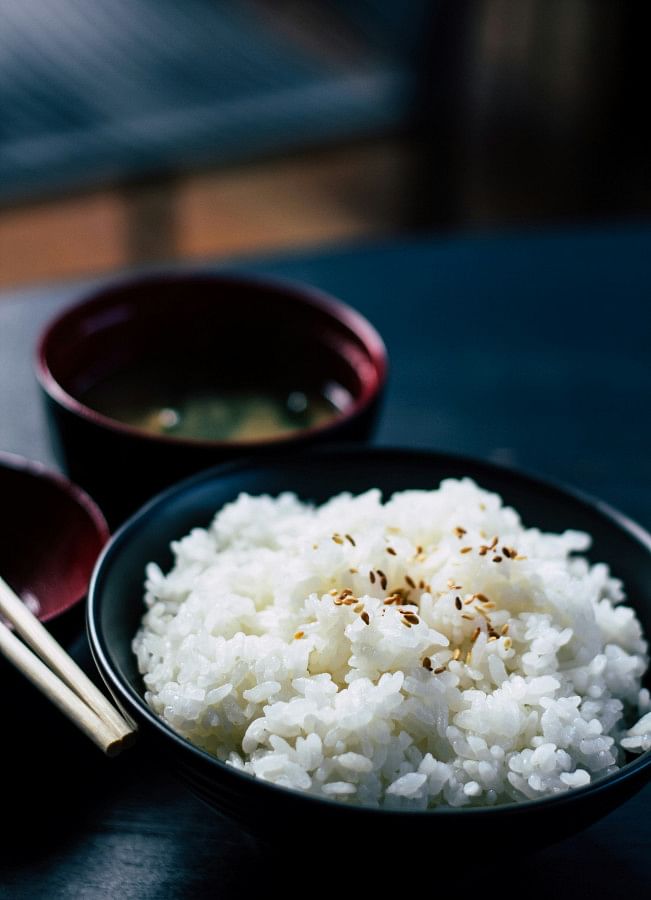
The relationship between rice consumption and weight gain is not straightforward and largely depends on the type of rice and overall dietary context.
White rice has been associated with weight gain in some studies due to its high GI, which can lead to increased hunger and overeating. For example, research published in the International Journal of Obesity suggests a link between high intake of refined grains, including white rice, and obesity.
Conversely, brown rice, a whole grain variant, has a lower GI and provides more fibre, vitamins, and minerals. Dietary fibre can increase feelings of fullness, potentially leading to lower overall calorie intake. According to a study from Harvard Health Publishing, replacing white rice with brown rice may aid in weight management and reduce the risk of Type 2 diabetes.
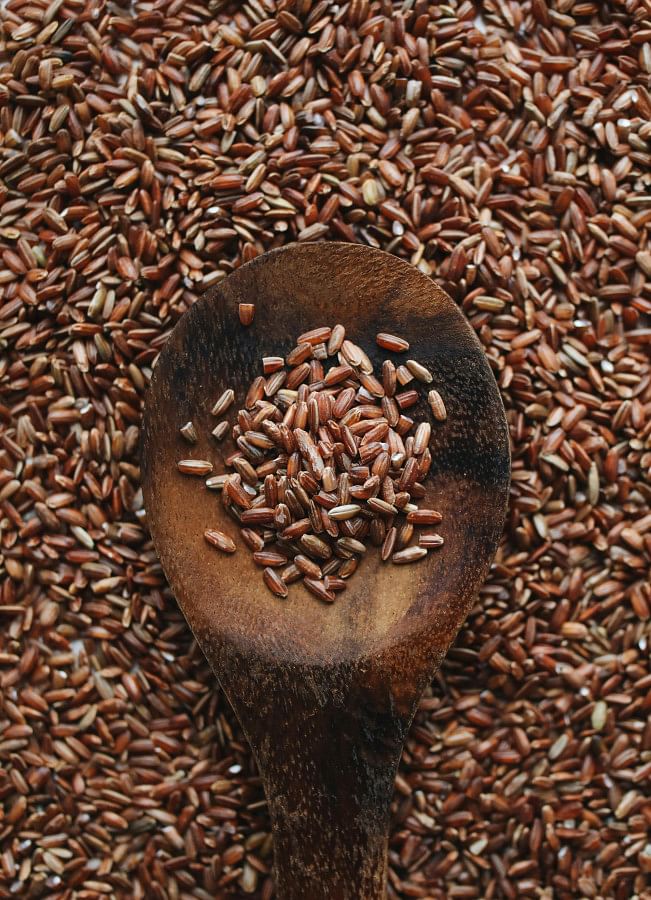
The dietary context in our country often involves white rice being consumed with high-calorie foods rich in fats and sugars, which can exacerbate weight gain. The method of preparation, such as frying rice or adding ghee, can also add significant calories.
Lifestyle factors such as physical activity levels, overall dietary habits, and socio-economic conditions play crucial roles. Urbanisation and sedentary lifestyles have led to higher obesity rates in urban areas compared to rural settings, where physical labour is more common.
So, to answer the question: eating rice does not inherently lead to weight gain. The type of rice, the overall dietary context, and individual lifestyle choices play decisive roles in its impact on body weight.


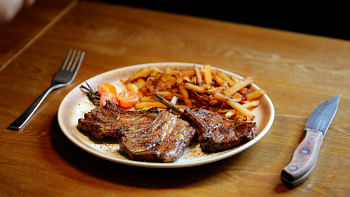






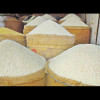


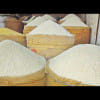
Comments